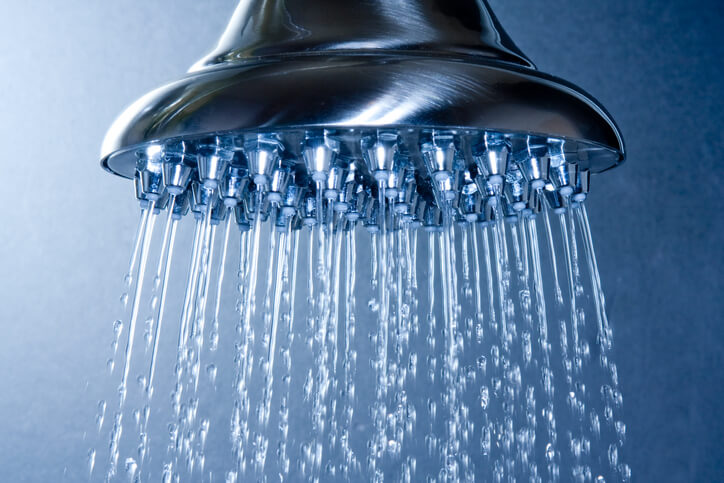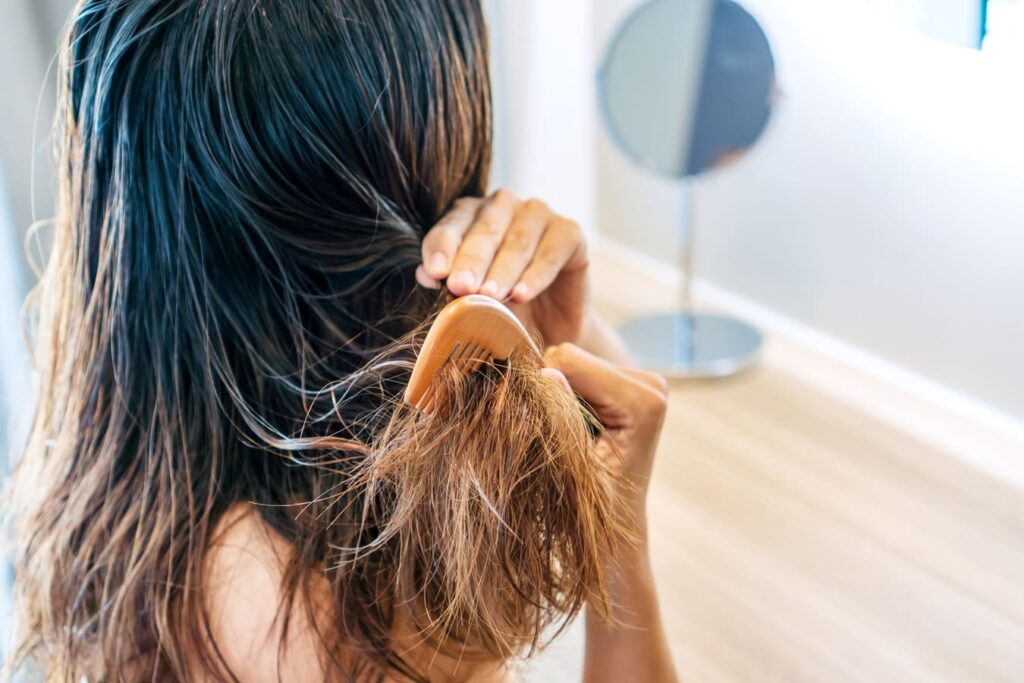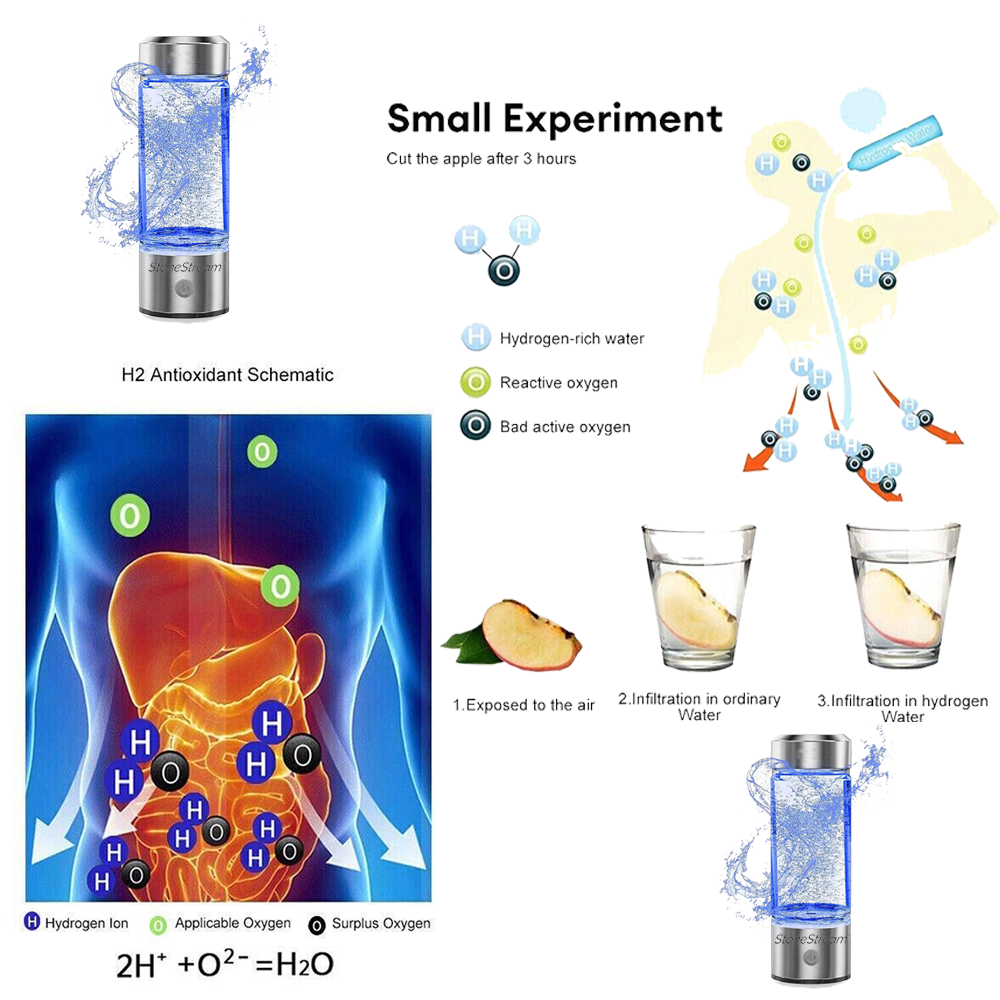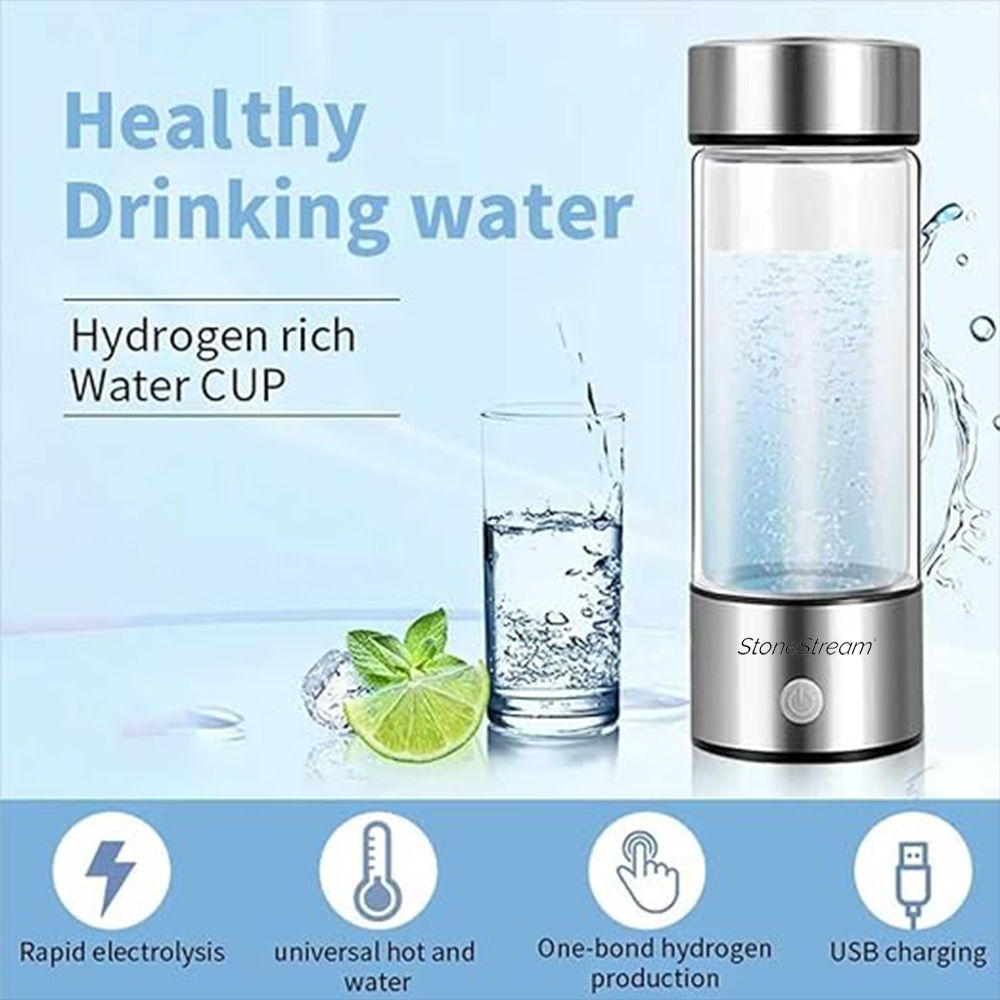Showering is essential to our daily routine, but have you ever stopped to consider the quality of the water flowing from your shower? Chlorine, a common disinfectant used in water treatment plants, is added to kill harmful bacteria and pathogens. While this is undoubtedly important for public health, it raises the question: is chlorine in shower water bad for our skin and hair? In this blog post, we'll explore the potential negative effects of chlorine on your skin and hair and why it’s not good for you.
Many might wonder why chlorine is added to water if it’s bad for you. Well, here’s the thing. Chlorine is added to shower water for its powerful disinfectant properties. It serves as a highly effective agent in killing harmful bacteria, viruses, and other pathogens that may be present in the water supply. This is a crucial step in maintaining public health, as it helps prevent the spread of waterborne diseases.
Additionally, chlorine plays a key role in safeguarding the integrity of the water distribution system, ensuring that the water remains safe from contamination as it travels from treatment plants to our homes. But even though it serves to do good by killing germs, it’s certainly not good for our overall health.
Why is Chlorine Not Good for You?
Let’s look at the reasons why chlorine is not good for you:
1. Stripping Natural Oils
Chlorine is a strong oxidising agent, which means it can break down and remove natural oils from your skin and hair. These oils act as a protective barrier, keeping your skin moisturised and your hair healthy. The removal of these oils can lead to dryness, flakiness, and increased susceptibility to damage.
2. Dry Skin and Irritation
Itchy and flaky skin after a strong shower? Thank chlorine. Exposure to chlorinated water can lead to dry and irritated skin. This is especially problematic for individuals with pre-existing skin conditions like eczema or psoriasis, as chlorine can exacerbate their symptoms. It can also cause redness, itching, and a feeling of tightness in the skin.
3. Hair Damage and Discoloration
Wondering if chlorine causes hair loss? Definitely yes! Chlorine can have a similar effect on your hair as it does on your skin. It strips away the natural oils, leaving your hair dry, brittle, and more prone to breakage. Additionally, chlorine can cause colour-treated hair to fade more quickly and can even lead to a greenish tint, particularly in lighter hair colours.
4. Respiratory Irritation
When you shower with chlorinated water, you're not just exposing your skin and hair, but also your respiratory system. The steam from a hot shower can carry chlorine vapours, which can be inhaled. This can lead to irritation of the respiratory tract, particularly for those with asthma or other respiratory conditions.
5. Chlorine Byproducts
Chlorine can react with organic matter in water to form potentially harmful byproducts like trihalomethanes and chloramines. THMs, in particular, have been associated with various health concerns, including an increased risk of cancer and reproductive issues.
6. Disruption of Skin Microbiome
Chlorine doesn't discriminate between harmful and beneficial bacteria. It can disrupt the natural balance of your skin's microbiome, which plays a crucial role in maintaining healthy skin. This disruption can lead to a weakened immune response and an increased susceptibility to skin infections. Poor germs!
While chlorine is a crucial component in keeping our water supply safe, it's important to be aware of its potential effects on your skin and hair. By taking proactive steps to mitigate its impact, you can enjoy a healthier bathing experience. Installing a shower filter, practising shorter showers, and using lukewarm water are simple yet effective ways to protect your skin and hair from the potential downsides of chlorine exposure. Remember, a little care can go a long way in maintaining healthy skin and hair.
Are you wondering how to get rid of chlorine in your shower water? I bet you are. So here’s a perfect solution for the shower conundrum you’re facing. Meet the EcoPower showerhead by Stonestream. This shower superhero is designed to give you that perfect shower every time you turn the tap on. The mineral bead filtration system, along with its high water flow velocity design, is sure to leave your skin supple by using less water. So, what are you waiting for? Get the chlorine-filtering EcoPower showerhead and other range of products by Stonestream to elevate your shower experience to a higher level!
Original Ecopower Shower head

Buy Now
Also Read: Difference between hard water and soft water
FAQs
-
Why is chlorine used in water treatment?
Ans. Chlorine is used in water treatment because of its powerful disinfectant properties. It effectively kills harmful bacteria, viruses, and pathogens, making the water safe for consumption and domestic use. -
Does chlorine in shower water affect skin and hair?
Ans. Yes, chlorine in shower water can have negative effects on both the skin and hair. It can strip away natural oils, leading to dryness and irritation. It can also cause hair to become dry, brittle, and more susceptible to damage.
-
Can chlorine in shower water cause respiratory issues?
Ans. Yes, the steam from a hot shower containing chlorine can release chlorine vapours that may be inhaled. This can lead to irritation of the respiratory tract, particularly for individuals with pre-existing respiratory conditions.
-
How can I reduce the impact of chlorine during showers?
Ans. Installing a quality shower filter is an effective way to remove chlorine from the water. Additionally, shortening shower durations, using lukewarm water, and moisturising after showering can help mitigate its effects. -
Are there any long-term health risks associated with chlorine exposure in shower water?
Ans. Chlorine can react with organic matter to form potentially harmful byproducts like trihalomethanes (THMs). Prolonged exposure to THMs has been associated with various health concerns, including an increased risk of cancer and reproductive issues. Therefore, it's important to take steps to minimise chlorine exposure in shower water.



